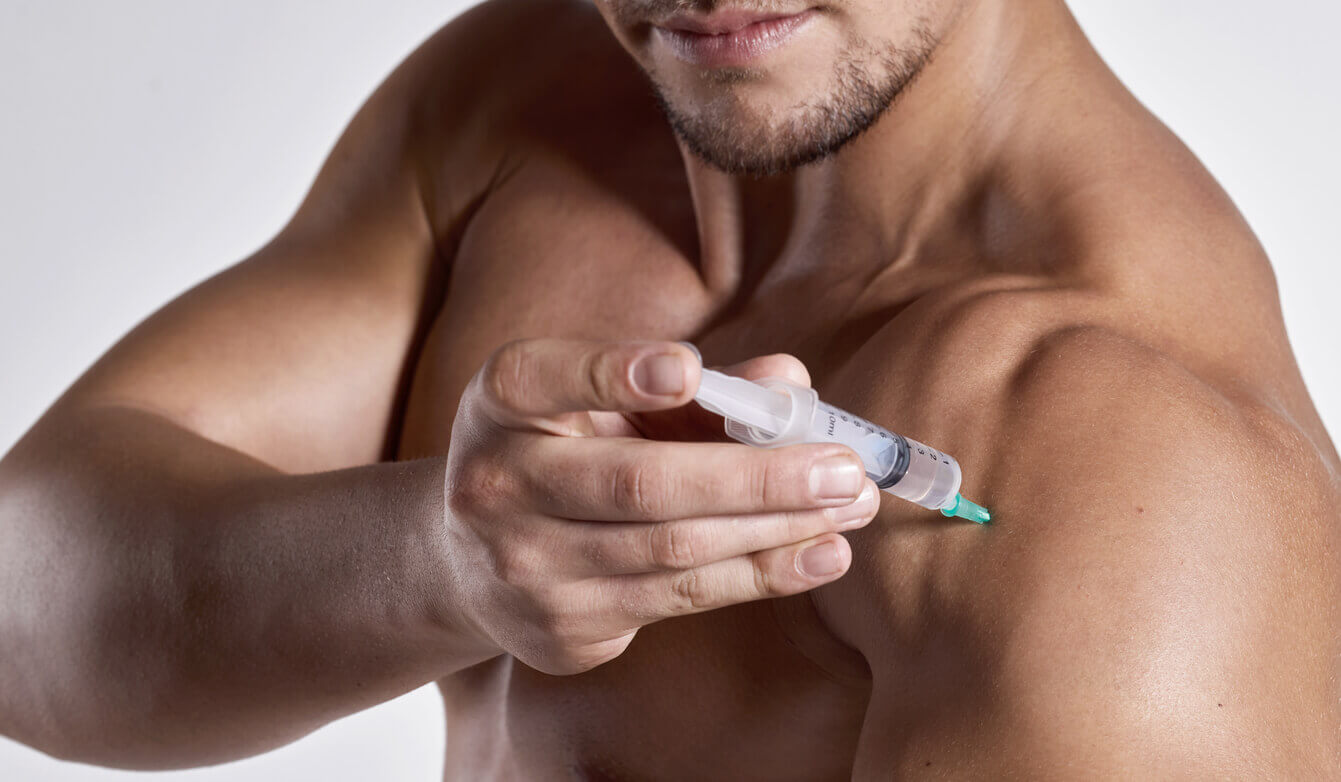
Testosterone levels naturally decline as men age, typically starting around their 30s or 40s. While this is a normal part of aging, some men experience testosterone levels that drop below the healthy range, leading to uncomfortable symptoms. These can significantly affect quality of life, energy levels, mood, and overall health.
Testosterone injections in men have emerged as a reliable treatment option for addressing these issues. But when should you consider this therapy? This blog will guide you through the key signs, benefits, and considerations for testosterone treatment for adults.
What Is Testosterone and Why Does It Matter
Testosterone is a hormone primarily produced in men by the testicles. It plays a crucial role in various functions, such as:
- Building muscle and bone mass
- Producing sperm
- Regulating mood and energy levels
- Maintaining libido
When testosterone levels become low, men may experience symptoms that interfere with daily life. This is often referred to as low testosterone (low T).
Common Signs of Low Testosterone in Men
How do you know if your testosterone levels may be too low? Some common signs include:
- Persistent fatigue, even after adequate rest
- A decrease in sexual desire or performance issues
- Difficulty concentrating or persistent memory issues
- Mood swings or feelings of depression
- Increased body fat and reduced muscle mass
- Disturbed sleep patterns
If you are noticing two or more of these symptoms, it may be worth a closer look. A men’s low testosterone clinic is a great place to start if you are unsure.
What Are Testosterone Injections
Testosterone injections are a form of testosterone replacement therapy (TRT). This treatment involves injecting bioidentical testosterone into your body to restore hormone levels to a healthy range.
Bioidentical testosterone for men is designed to closely match the natural testosterone your body produces.
When Should You Consider Testosterone Therapy?
Here are some scenarios when you might want to consider testosterone treatment for adults.
1. Your Symptoms are Significantly Affecting Your Quality of Life
If you are experiencing symptoms such as persistent fatigue, decreased libido, difficulty concentrating, irritability, or mood swings, and they are interfering with your relationships, job performance, or daily activities, it may indicate low testosterone. Exploring options like testosterone replacement therapy (TRT), including testosterone injections, could provide relief and improve your quality of life.
2. Blood Tests Have Confirmed Low Testosterone Levels
A key step in diagnosing low testosterone is a blood test to measure total testosterone levels. Physicians typically assess morning testosterone levels (as they are highest at this time) and compare them to the normal range, which falls between 300 — 950 ng/dL.
Consistently low levels below 300 ng/dL, combined with symptoms, may indicate the need for TRT. Comprehensive testing may also examine free testosterone, sex hormone-binding globulin (SHBG), and other hormones to provide a more detailed picture.
3. Lifestyle Changes Have Not Improved Symptoms
Certain lifestyle modifications can naturally boost testosterone levels. These include consuming a diet rich in healthy fats, engaging in regular strength training, managing stress through mindfulness or therapy, reducing alcohol intake, and improving sleep patterns.
However, if you have implemented these changes and your symptoms persist, it might be an indicator that your testosterone levels need medical intervention through therapies like TRT.
4. Other Health Conditions Have Been Ruled Out
Symptoms of low testosterone often overlap with other medical conditions, such as hypothyroidism, depression, sleep apnea, or chronic stress. Before recommending testosterone therapy, healthcare providers perform a thorough evaluation, including reviewing your medical history, conducting diagnostic tests, and ruling out other potential causes.
This ensures TRT is both safe and appropriate for your specific health situation.
5. You Have Realistic Expectations About Testosterone Therapy
TRT is not a one-size-fits-all solution and is best used as part of a comprehensive health plan. While it can significantly alleviate symptoms and improve energy, mood, and overall vitality, it is important to maintain realistic expectations.
Regular follow-up appointments, ongoing monitoring of hormone levels, and lifestyle adjustments are necessary to achieve optimal results and avoid potential side effects.
What to Expect When Starting Testosterone Therapy
When you begin testosterone injections, your healthcare provider will personalize the dosage based on your specific hormone levels and health needs.
Routine hormone monitoring helps ensure you achieve optimal levels without side effects or complications. This is why choosing a trusted men’s low testosterone clinic is critical.
Testosterone Injections in Men in Dallas, TX
If testosterone injections sound like the solution you have been waiting for, take the first step with a trusted men’s low testosterone clinic.
At North Dallas Wellness Center, Dr. David Fein offers expert care and personalized testosterone replacement therapy plans tailored to your needs. With over 30 years of experience combined with cutting-edge approaches like bioidentical testosterone for men, Dr. Fein prioritizes your overall health and well-being.
To learn if testosterone therapy is right for you, call us at (214) 696-3885 or use our appointment request form to schedule your consultation. We look forward to serving you!


